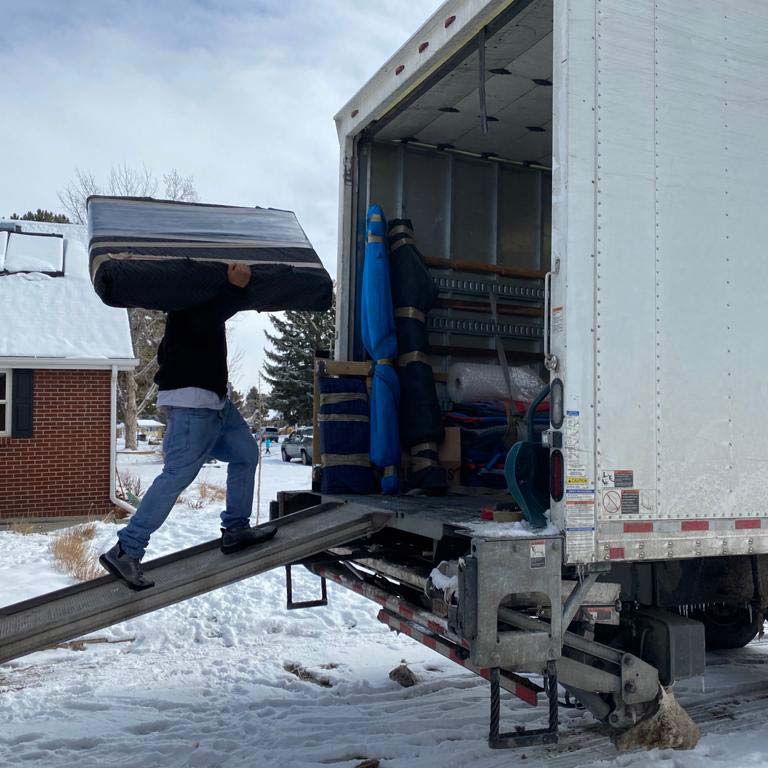Here, we’ll make a quick comparison between good and bad movers so you can be better informed when hiring your next long-distance movers in Denver, CO.
Start by Asking the Right Questions
Let’s say you’re moving from Denver, Colorado, to Dallas, Texas. Would it make sense to hire a Florida-based company? Most brokers in the moving industry are based in Florida, which is notorious for being a hotbed of fraudulent activity. So, the first legitimate question you should ask is, “Where are you located?”

Another vital question to ask is, “Are you a broker, or are you licensed Denver movers?” Remember, there’s a big difference between the two. A broker is a company that contracts with other companies to move your belongings, while an actual mover is a company that owns trucks and has its own employees.
Inquire About Their License and Insurance
The second thing you should do is to ask for their license information and proof of insurance. All long-distance moving companies must have an active DOT (Department of Transportation) number, which is their authority to operate. You can check the DOT website to see if a company is licensed and insured.
In addition, all legitimate companies should have insurance if something goes wrong during the move. Make sure you get a copy of their insurance policy and read it carefully.
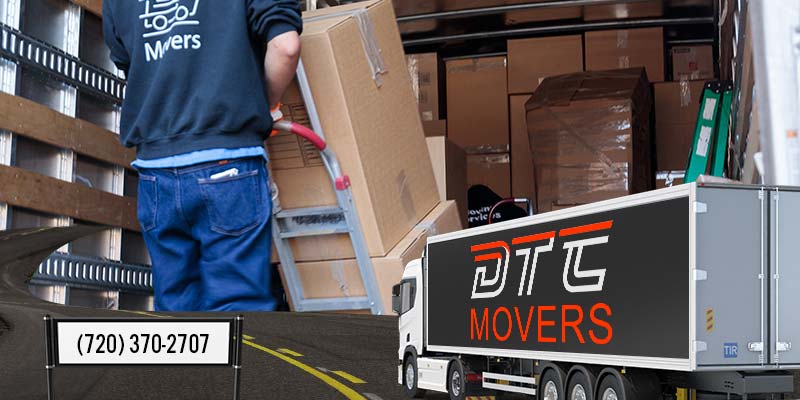
Red flag 1
You call a long-distance moving company in Denver and:
- Good movers: they answer your call with the company and personal name.
- Bad movers: they address your call vaguely or informally, such as Hello? or Movers; how can I help?
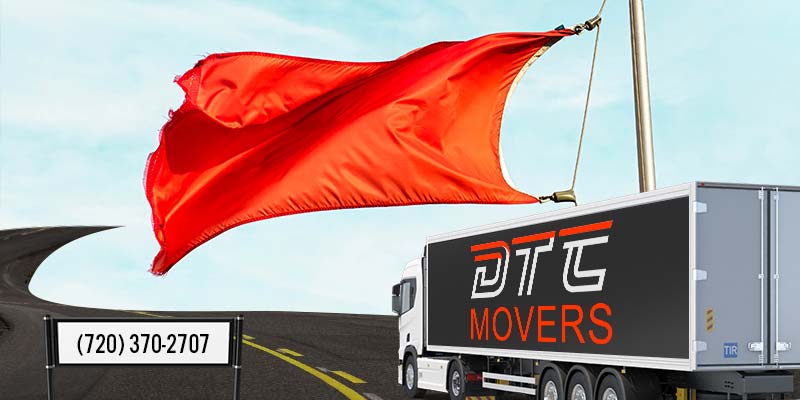
Red flag 2
The information you receive and the way you receive it:
- Good Movers: they will ask you many questions before they provide you with a quote for your move to eliminate the element of surprise and ensure they are providing you with an accurate quote. After that, they will send you a detailed written estimate of all the services they offer and what it will cost to move your belongings.
- Bad movers: they give you a quote without asking any questions about your move besides taking a very basic inventory list (in a 5-10 minute conversation) over the phone. They may also be aggressive when trying to get you to commit to their services without the proper information.

Red flag 3
You request a moving estimate from professional movers and:
- Good movers: they offer you a free, no-obligation in-home estimate of your household goods so they can provide you with a binding not to exceed moving quote.
- Bad movers: they don’t offer an in-home estimate but instead focus on taking an inventory over the phone. Worse still, if they email you a ballpark figure based on the average amount of goods that a home of your size would carry.
Red flag 4
You search online for a full-service moving company in Denver and:
- Good movers: they have a website that displays their USDOT number, business address, phone number, and email address.
- Bad movers: they have a website but no USDOT number or other information that would lead you to believe they are legitimate interstate movers in Denver, CO.
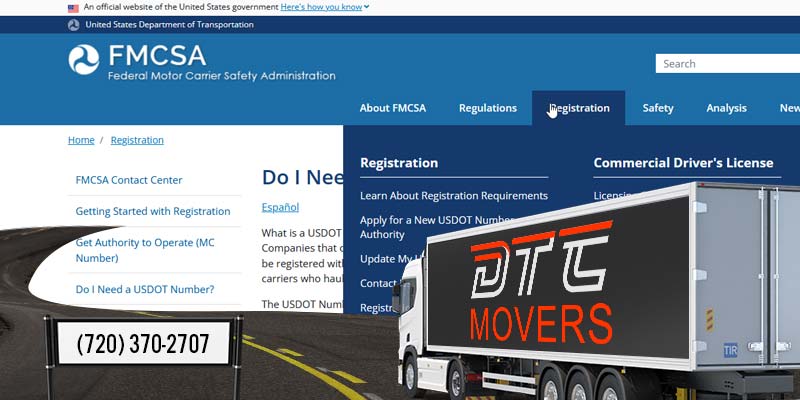
Red flag 5
You do more comprehensive research online on long-distance moving companies and discover that:
- Good movers: they are locally operated out of an operational warehouse that you can visit.
- Bad movers: they are not Denver based, have no warehouse, have no trucks, and don’t employ movers.
Red flag 6
Once you decide to commit to a mover for your relocation:
- Good movers: they will request a $100-$200 deposit to reserve your move date, which is deducted from your total and thus is not a booking fee. This payment can be processed via credit card (for security), and no handling fees should apply. A full refund is promised, provided a cancellation notice of 48 hours is given before the move date.
- Bad movers: they ask for a 20%-30% deposit upon reservation via cash apps like Venmo or Zelle. In this case, it’s their commission for booking your move before it’s posted on an operational board for a moving company grab. The biggest problem with that is you never know if a reputable long-distance moving company will get your job or not.

Red flag 7
The movers arrive on your moving day:
- Good movers: arrives in a company moving truck with licenses on it. The movers themselves are all in company-branded uniforms.
- Bad mover: arrives in a Uhaul truck while the movers are in street clothes.
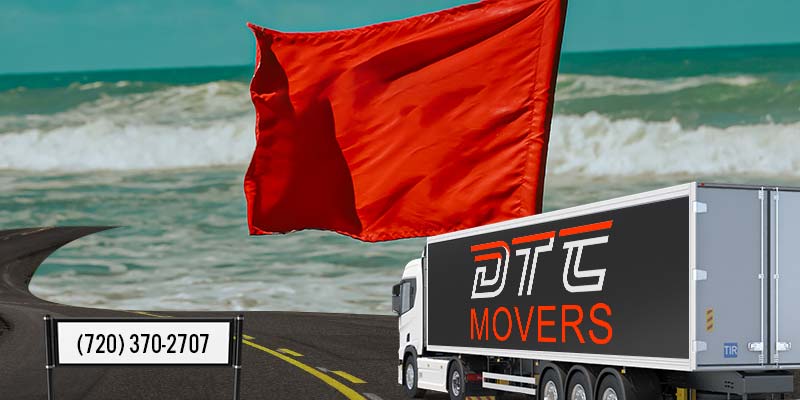
Don’t Be Another Victim of Bad Practice!
No one wants or wishes to be scammed when moving out of state, so it is vital to do your homework before hiring long-distance moving companies. In this article, we’ve outlined some of the key red flags to look out for so that you don’t become another victim of bad practice. Knowing what to watch out for ensures your move goes smoothly without any stressful surprises.

